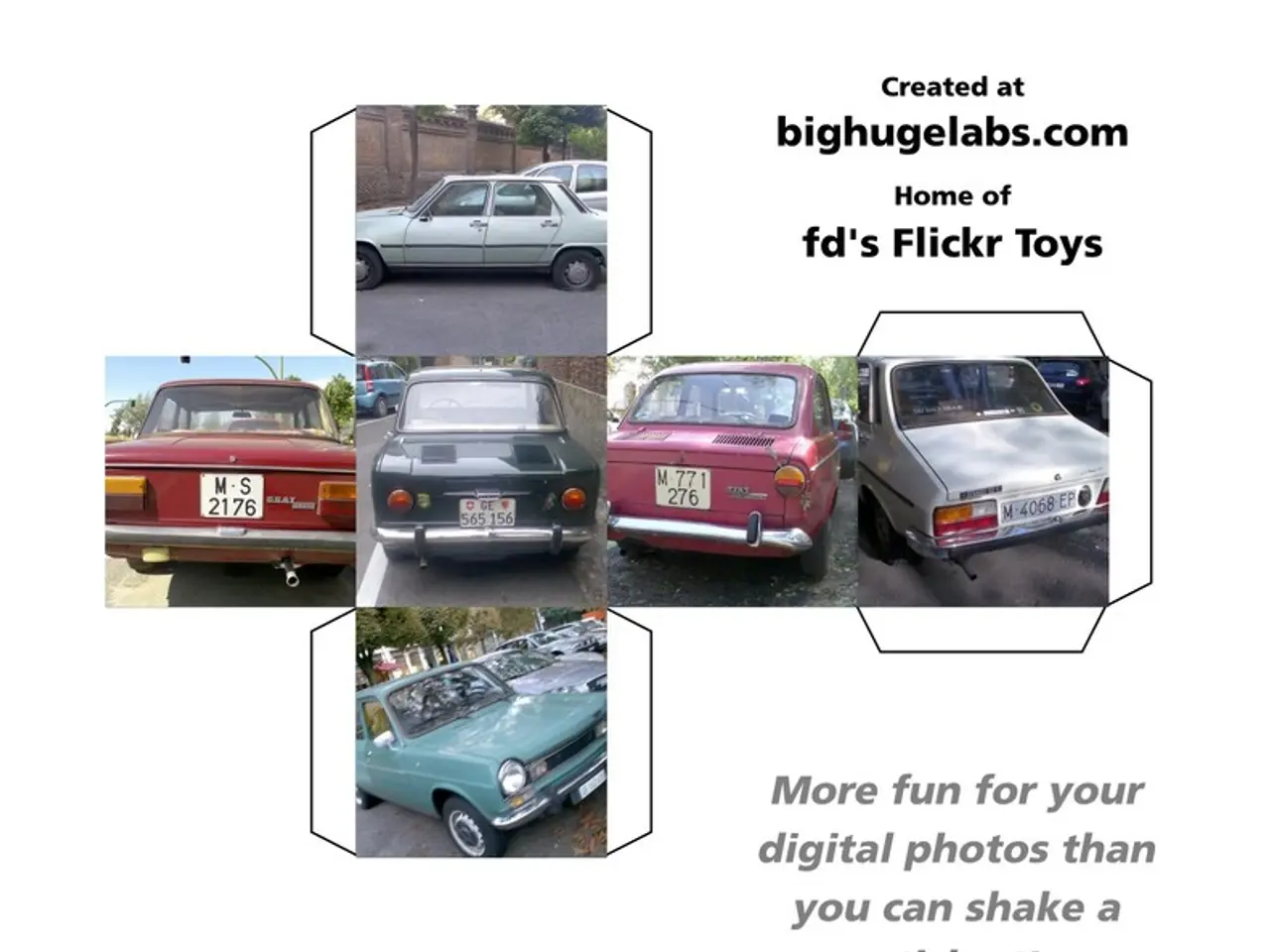Autumn tax increases forewarned by Ocado's CEO as potentially intensifying economic hardship
In the dynamic landscape of the UK grocery market, Ocado, the pioneering online supermarket, has shown impressive growth, yet it remains one of the smallest players in terms of market share.
As of the latest data, Ocado holds a market share of 1.9%, a figure that pales in comparison to the significant portions held by retail giants like Tesco and Sainsbury's [1][2]. The UK grocery market is dominated by long-established players, making it challenging for newcomers or smaller players to significantly increase their share [4].
Ocado's sales growth, while impressive at 12.2%, is built on a smaller base compared to larger retailers. This means that despite the substantial increase, it doesn't significantly alter its overall market share due to its starting point [1][2]. Other retailers, like Lidl and Aldi, have also shown strong growth but still don't match the market share of the big four supermarkets [1][2].
Being primarily an online retailer, Ocado's strength lies in its digital presence. However, consumer behaviour varies, with some preferring in-store shopping. This limits Ocado's ability to expand its market reach beyond its online customer base [1][2]. The UK grocery market is still largely driven by brick-and-mortar stores, where Ocado does not have a significant presence [4].
Financial challenges, including high operational costs associated with its technology investments and expansion plans, also pose a hurdle for Ocado [3]. The company has announced its priority to turn cash-flow positive, indicating a focus on financial stability over rapid market share expansion [3].
Despite these challenges, Ocado has delivered a strong first half. The company's Technology Solutions division more than doubled EBITDA, and the retail business, while still small, is one of the fastest-growing supermarkets [3]. Unemployment has jumped to a four-year high of 4.7% under Labour, but Ocado Group has managed to navigate these economic conditions [5].
Tim Steiner, the boss of Ocado, has called for 'lower taxes and less regulation' to boost growth. However, the Chancellor is feared to raise taxes further this autumn to plug a hole in her finances, a move that Steiner warns could dent the economy [6].
Investors, though, are growing impatient with the slow pace of Ocado's retail rollout. Market analyst Mark Crouch has expressed skepticism about Ocado's ability to generate sustained, profitable growth. Sobeys, another partner, paused the opening of its fourth warehouse, and Kroger, one of Ocado's US partners, eased the rollout of automated warehouses [7].
Despite these setbacks, Ocado's full-year guidance remains unchanged. The company is targeting profitability in its next financial year, which starts in December, and is focusing on turning cash flow positive during FY26 [8]. Ocado shares jumped nearly 11% this morning but are still down 26.4% over the last year [9].
In conclusion, while Ocado's growth is impressive, its market share remains small due to its niche online focus, limited brick-and-mortar presence, and the competitive nature of the UK grocery market. The company continues to navigate these challenges, aiming for profitability and growth in the coming years.
Ocado, despite its impressive growth in terms of sales and EBITDA, faces challenges in expanding its market share due to its online-focused business and the competitive nature of the UK grocery market, which is dominated by long-established players. The company is focusing on financial stability, including managing high operational costs, and aiming for profitability in the next financial year. Additionally, Ocado's boss, Tim Steiner, has called for lower taxes and less regulation to boost growth in the finance sector, which could impact the overall business environment.




